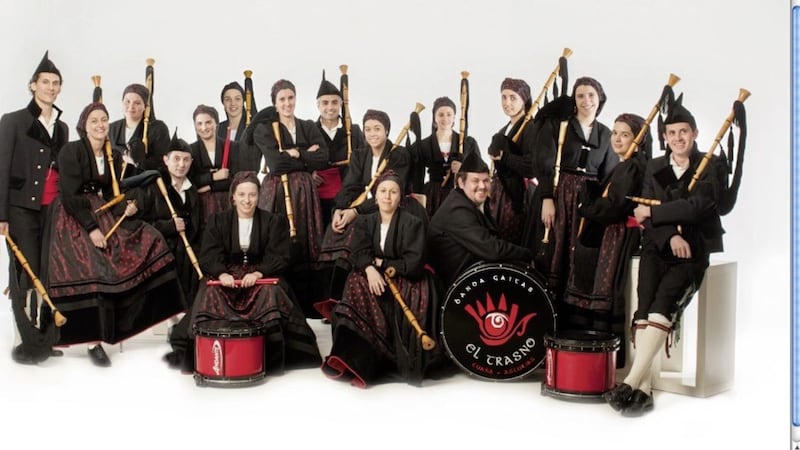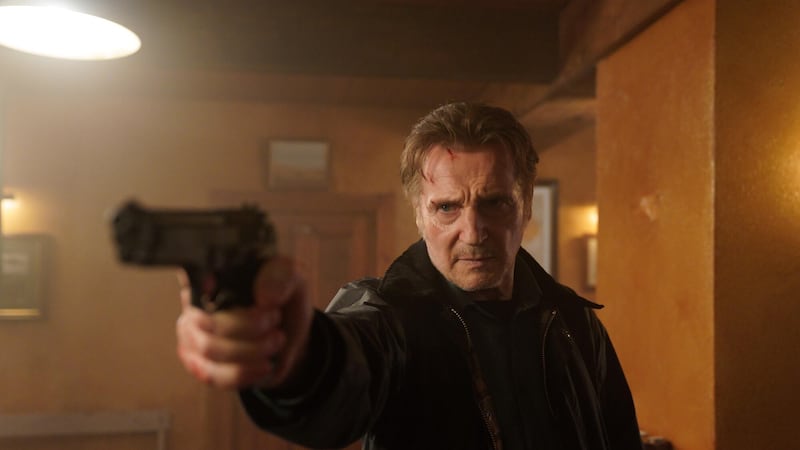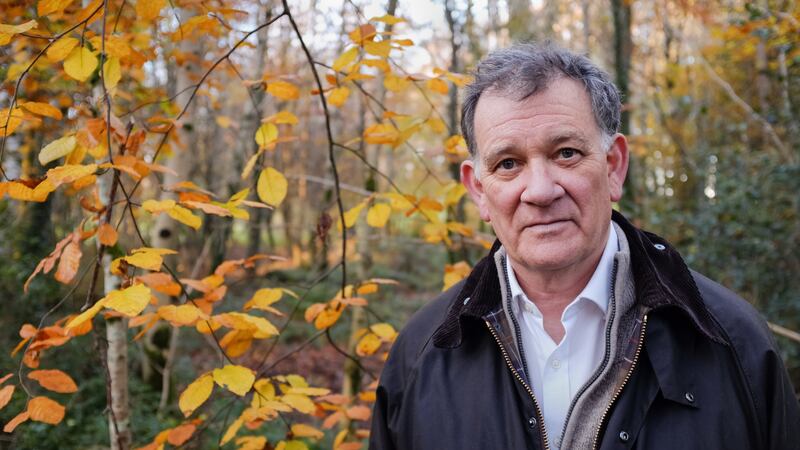THEY thought Brian Vallely was mad. Back in 1993/4, when Armagh Together asked local people to come up with ideas about bringing visitors to the city, Brian suggested a festival of piping.
“It was hard enough to sell the idea to them, right enough,” the professional painter and part-time musician recalls. "'Two hours of solo uilleann piping? Are you serious?' They were worried it would be a hundred bagpipes playing in a tiny hall or in a field away out in the country.”
However, since then the William Kennedy Piping Festival has been a mecca for traditional music fans the world over, with a vast array of pipes and pipers from far flung places all gracing various stages in the Cathedral City.
Indeed, that global reach is a huge part of the WKPF’s success. Founded in 1994, it was originally conceived to bring together pipers from different countries and traditions, and was the first of its kind anywhere in northern Europe.
The event has brought to Armagh pipers from Spain, France, Italy, Bulgaria, Hungary, Belarus, Portugal, Canada, the USA, Australia, Algeria, Iran, the Czech Republic, Croatia, Greece, Sweden, Belgium, England, Scotland, and Wales as well as the cream of Irish pipers, of course.
This year, Armagh will be filled with the sounds of northern Spain on Saturday 18 November, when a 22-strong pipe band from Asturias performs outside the Market Place Theatre.
The Asturian bagpipe, the gaita, has often featured in the city’s annual Piping Festival, but this will be the first time that such a large band has come from that region.
The William Kennedy Piping Festival, named after the Banbridge-born inventor who greatly improved the uilleann pipes, is now in its 24th year and is one of the largest events in Armagh’s cultural and tourism calendar. The festival takes place in multiple venues across Armagh city over the weekend of November 16-19.
It is hosted by Armagh Pipers Club, which Brian and his wife Eithne founded in 1966 and has been to the forefront of traditional music through its publications and teaching programme over five decades.
This year’s highlights include a first Armagh visit for supergroup Danú as well as a new collaboration between local heroes Ulaid and west Kerry's Muireann Nic Amhlaoibh.
In addition to the main concerts, there will be 17 sessions in bars and restaurants, special events for schools, a live Radio Ulster broadcast, a lecture on shared Scottish and Irish traditions, and a musical service in the Church of Ireland Cathedral.
Other initiatives include a celebration of French bagpiping featuring musicians from five different regions, each showcasing their distinct music, culture and culinary delights; a multi-media performance entitled Musical Footsteps, tracing the musical heritage of past and present members of Armagh Pipers Club; and a children’s concert, The Quiet Tree and the Creatures of Whistleberry Forest, performed by Monaghan native Thomas Johnston.
The William Kennedy Piping Academy will run in tandem with the festival. This is an intensive uilleann piping immersion course focusing primarily on performance but also addressing the maintenance, construction and history of the instrument, and boasting the cream of uilleann pipers as course tutors.
This year’s line-up includes Robbie Hannan, Mikie Smyth, Eoin Ó Riabhaigh, Brian McNamara, Caoimhín Ó Fearghail and Éamonn Curran.
:: For more information and tickets, visit wkpf.org or email info@armaghpipers.com
Blinded by the light of Yurodny
SOMETIMES, going to a gig is like going on a blind date. You’ve heard good things about the band but will it lead to a long-term romance?
And so I went to the Crescent Arts Centre on Wednesday to spend the evening with Yurodny, an international band of prodigiously talented musicians living in Ireland, natives and blow-ins, with no commitments. (That’s not a pun by the way.)
The only pre-knowledge I had of Yurodny was that they perform contemporary interpretations of traditional music from around the world but mainly from the Balkans, and sounded like a Frank Zappa big band. Who wouldn’t be intrigued?
The date started off well, with the Cora Venus Lunny-written Tangy Decoherence, where Cora (daughter of Dónal Lunny) dazzled with her violin skills as she took us eastwards.
Yes, it’s going well but then your date pulls out a trombone and plays a five-minute solo. You admire the skill but you begin to have your doubts. Then things change again and you start to fall under your date’s beguiling charm.
You learned about how the composer Bela Bartok transcribed Macedonian folk music and how “contemporary” they sound, the notation was insanely detailed and we know all about weird eastern European time signatures and metres from Andy Irvine.
“It’s fascinating how invisible or imaginary the boundaries between folk music and contemporary music are,” said Yurodny fonder Nick Roth before the band launched into a jazz-inflected Ukrainian folk tune called Hangu featuring Francesco Turissi on keyboards and Dave Redmond on bass.
However, the highlight of the first half was Taraf, a sort of Flight of the Bumblebees on acid, a tune played at breakneck speed that made you want to leap out of your seat and dance with gay abandon. Not a good idea on a blind date but by now the communication was flowing, band and audience were having a good time and by the time the second half started, there were definitely signs that this could be the real thing.
This was more dancy, Balkany and even a bit of audience participation with singing and clapping, Oleg Ponomarev’s Miserable Hora being a highlight. Band and audience were now an item. Colm O’Hara’s trombone gave an earthy feel as violins and saxophone and clarinet soared into the sky.
Adrian Hart completed the trio of violinists while Phil Macmullan made sense of the madness on drums.
It’s wonderful to see such fabulous Irish artists go exploring the musics of countries that are little known here. When they played tunes from Macedonia or Armenia I tried to mentally picture those places and came up with nothing. At least now I know them through their music.
After a hugely enjoyable first date, both parties are keen to do it again. All that was left was to consummate the relationship – buy the CD!








